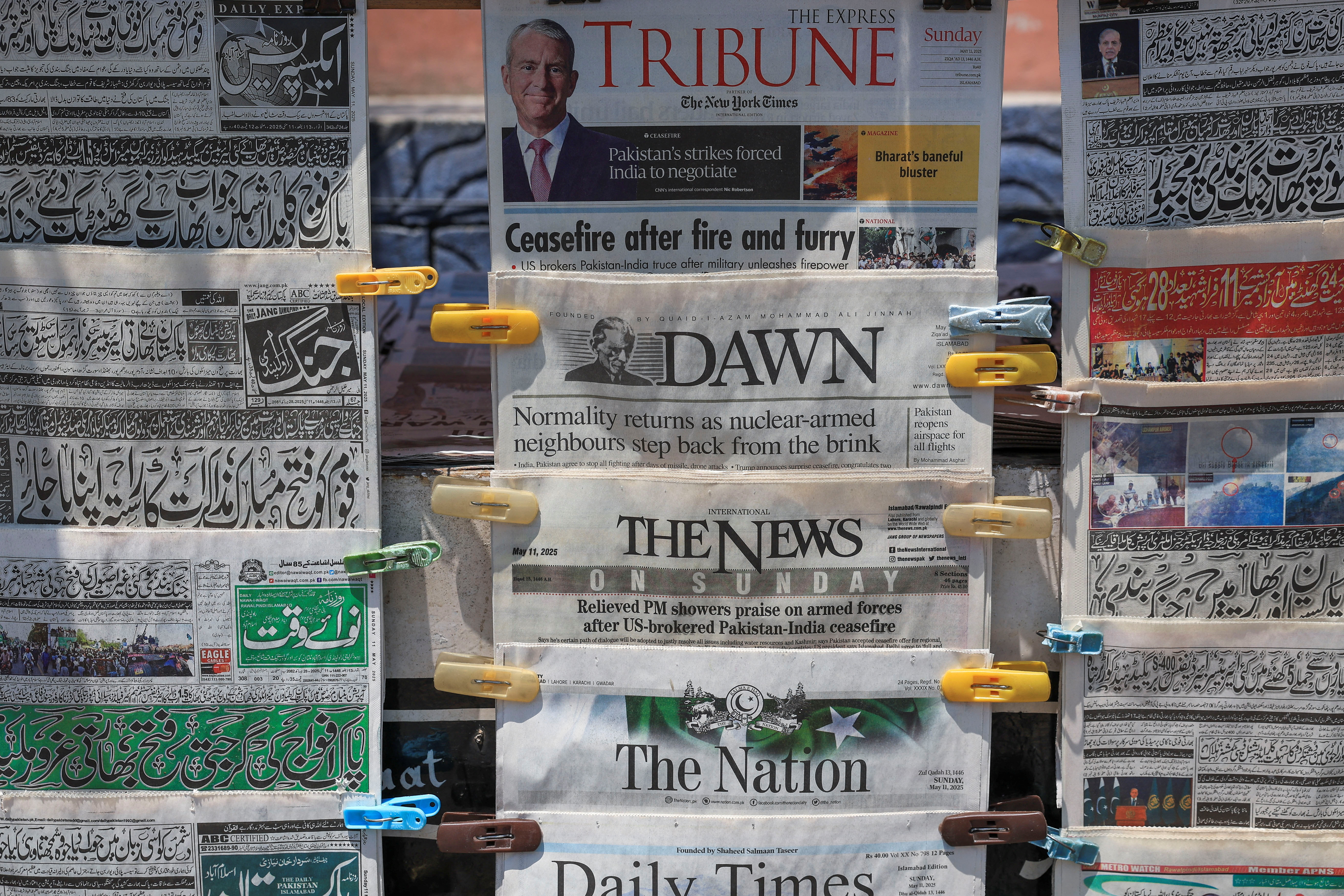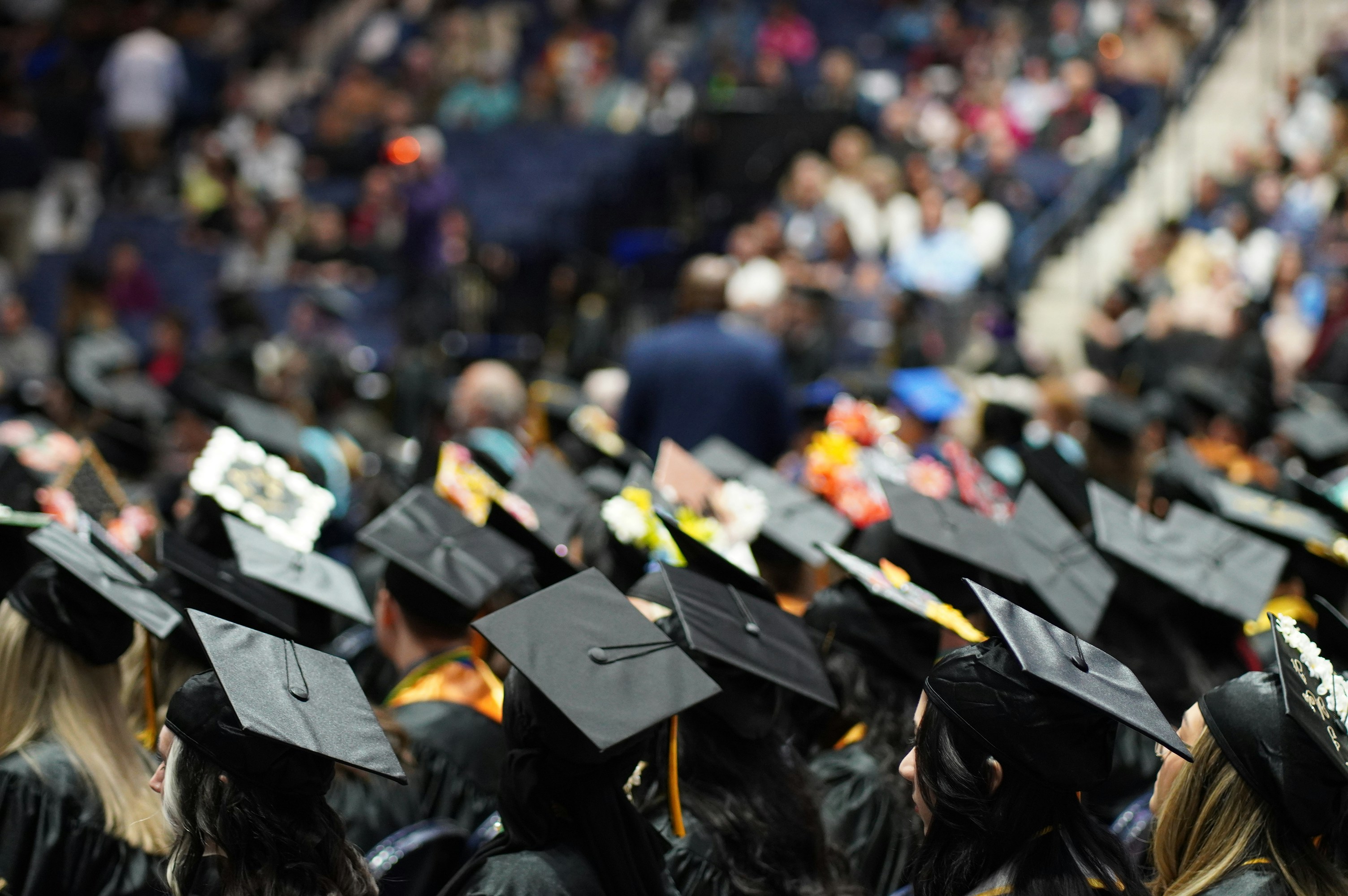Artificial intelligence is “not a competitor, but a power multiplier for the media”, the European Commission’s director-general for translation Christos Ellinides said on Friday.
Speaking to the Cyprus News Agency, he said it is a “toolkit for faster preparation, transcription, translation, summaries, and initial drafts”, which can allow journalists “to devote more time and brainpower to research, verification, and storytelling”.
“However, journalistic diligence is required. I would like to explicitly emphasise that AI results always need control, supervision, and verification, and must be done in safe, protected environments,” he said.
He added that if utilised correctly, AI can become “an ally of quality information, not a threat”, and that the “human factor” will not be “eliminated”.
His comments largely echo those of the media ethics committee, which said in August that artificial intelligence can assist journalists, but cannot replace them.
Guidelines it released on the matter stressed that human oversight is mandatory at every stage of reporting, and that journalists must verify and fact check all material generated by artificial intelligence before use.
It also stated that opinions generated by artificial intelligence must comply with ethical standards, copyright rules, and other legal obligations, and that journalists remain responsible for ensuring that material is both legally compliant and ethically sound.
Additionally, the guidelines limit artificial intelligence’s role in writing articles.
While they do not explicitly forbid artificial intelligence from producing text, ethical obligations, accuracy requirements, and human oversight are mandatory parts of the production process and thus mandate human involvement at every stage.







Click here to change your cookie preferences